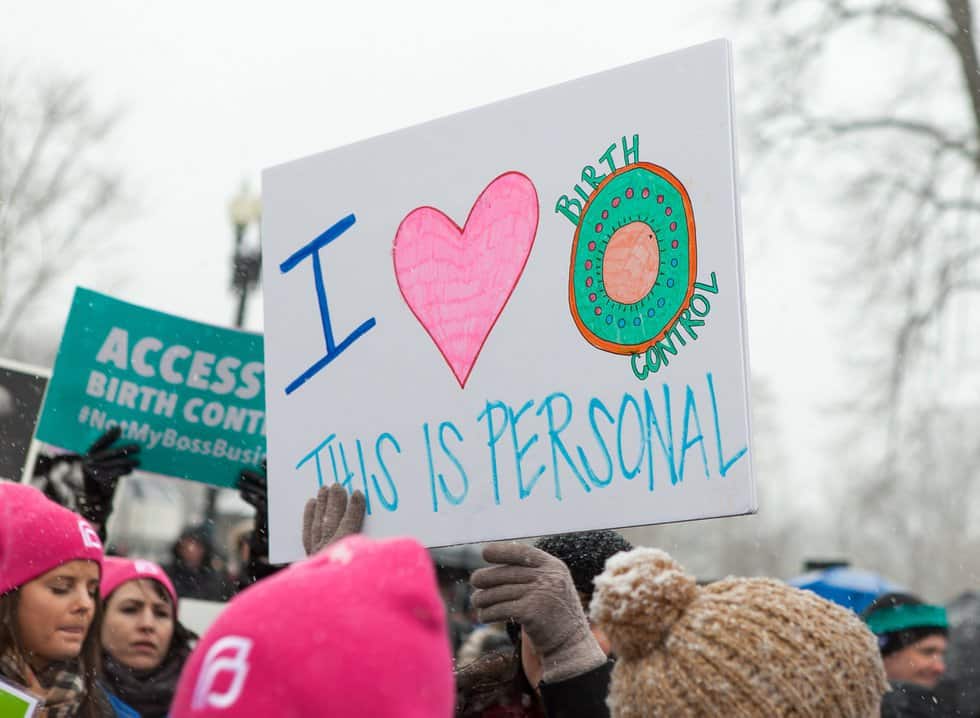As an emergency medicine physician, I see firsthand how vital contraception is to women’s health. Contraception isn’t just for preventing pregnancy—it helps prevent ovarian cancer and manage health conditions like endometriosis, polycystic ovary syndrome (PCOS), and the symptoms of menopause. Hormonal contraceptives alleviate severe symptoms such as hot flashes, bleeding, and mood swings, making it possible for women to get up, work, and care for their families. It’s the protection so many women rely on.
World Menopause Day on October 18th reminds us to break the silence and support women throughout their health journey. It’s a crucial moment to highlight how essential the right to contraception is, particularly for women navigating menopause. Yet, as we elevate the conversation, we face an alarming reality in this country: the right to contraception is under attack. Extremists are attempting to undo decades of progress, jeopardizing the well-being of countless women across Pennsylvania.
This threat is not theoretical. Since the fall of Roe, conservative lawmakers and judges have set their sights on contraception. In his concurring opinion in Dobbs, Supreme Court Justice Clarence Thomas called for the “reconsideration” of rulings like Griswold, which protects contraceptive rights.
Soon after, 195 House Republicans voted against the Right to Contraception Act – co-sponsored by Pennsylvania Representative Susan Wild – which would protect the right to basic birth control, including condoms, the pill, IUDs, and emergency contraception. It only passed the House thanks to the support of all 220 Democrats then in the majority. Senate Republicans blocked it in the Senate in 2022 and 2023.
On June 5th, 2024, Senate Republicans blocked the Right to Contraception Act, co-sponsored by Senator Bob Casey, with nearly all GOP Senators voting no—despite over 80 percent of Americans supporting the bill. The Act would have protected the right of patients and doctors to make personal decisions about contraception without interference. Exam rooms are supposed to be sanctuaries of trust where patients can rely on their doctors for deeply personal health choices.
READ: Abortion Has Passed Inflation as the Top Election Issue for Women Under 30, Survey Finds
In response to these setbacks, powerful movements are pushing back. This summer, Americans for Contraception launched the IUD Express Tour to raise awareness about protecting contraception rights. Its centerpiece—a 20-foot inflatable IUD named Freeda Womb—has traveled across Pennsylvania, making waves in Philadelphia, Scranton, Allentown, Pittsburgh, and Harrisburg.
Freeda has sparked conversations about the urgent need to protect reproductive freedoms and the right to contraception. Her presence is a rallying cry for communities to rise against extremists seeking to strip away hard-won rights and make clear the stakes in the November election.
Former President Donald Trump, who has repeatedly bragged about overturning Roe, has suggested restrictions on contraception and supported leaving the decision to states. Fourteen states have introduced fetal personhood bills in 2024 that could ban common forms of birth control, including IUDs and emergency contraception. Trump’s past actions and promises for a second term, along with J.D. Vance – embodied in their dangerous Project 2025 agenda – pose a direct threat to our reproductive freedoms and right to contraception.
In stark contrast, Vice President Kamala Harris has made clear she will never back down from defending our right to make decisions about our bodies and our futures, stating, “We trust women, and when Congress passes a bill to restore reproductive freedom, as president of the United States, I will proudly sign it into law.”
READ: Will Abortion Swing the First Post-Roe Presidential Election?
For women in Pennsylvania and across the nation, this is personal.
On November 5th, voters will have the opportunity to elect leaders who either stand with the vast majority of Americans in defending reproductive rights or side with those seeking to impose draconian restrictions on personal freedom. Will we allow politicians into our bedrooms, doctor’s offices, and exam rooms to dictate our healthcare decisions? Or will we protect our right to privacy and bodily autonomy?
Between now and Election Day, the power to protect the protection is in our hands. Let’s use it.






